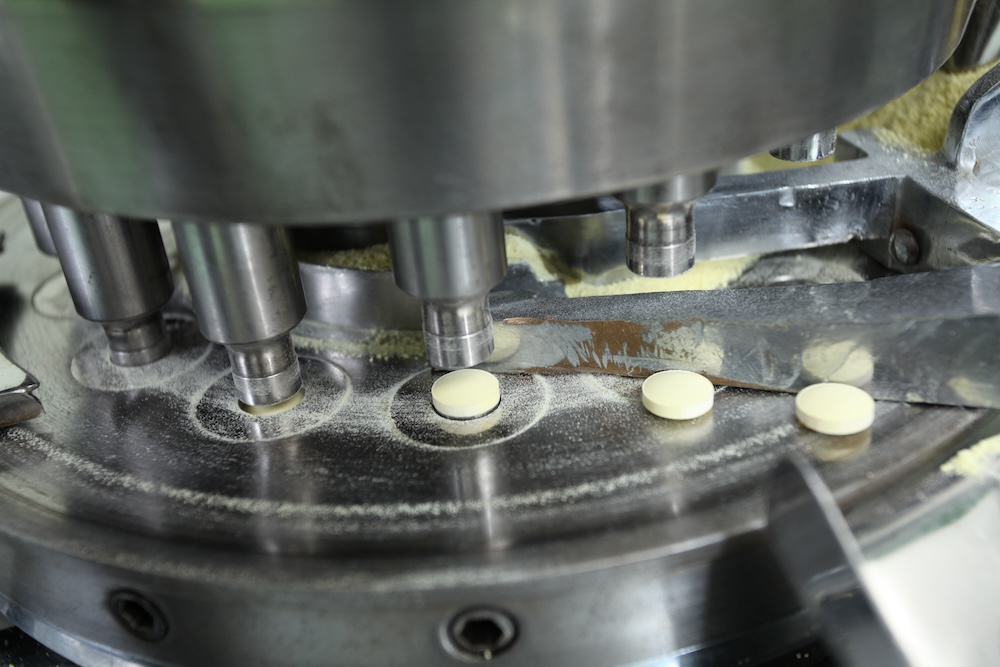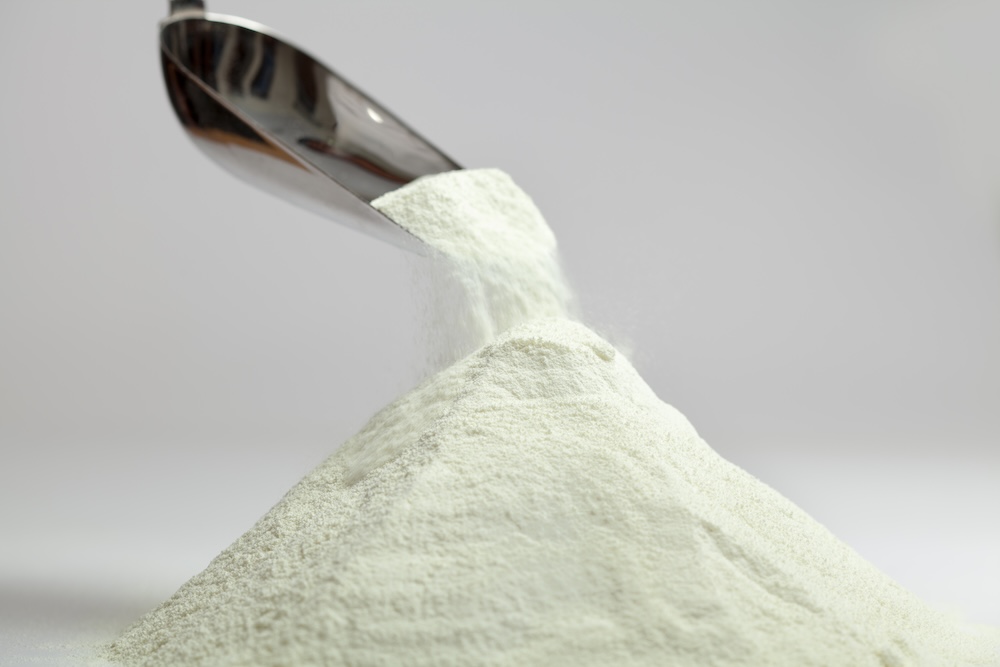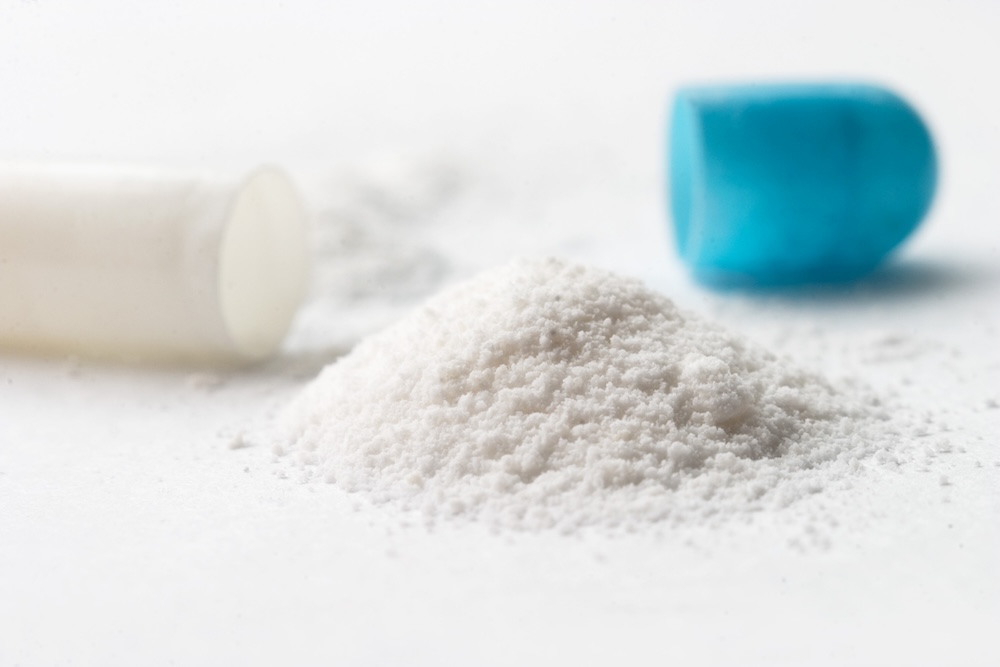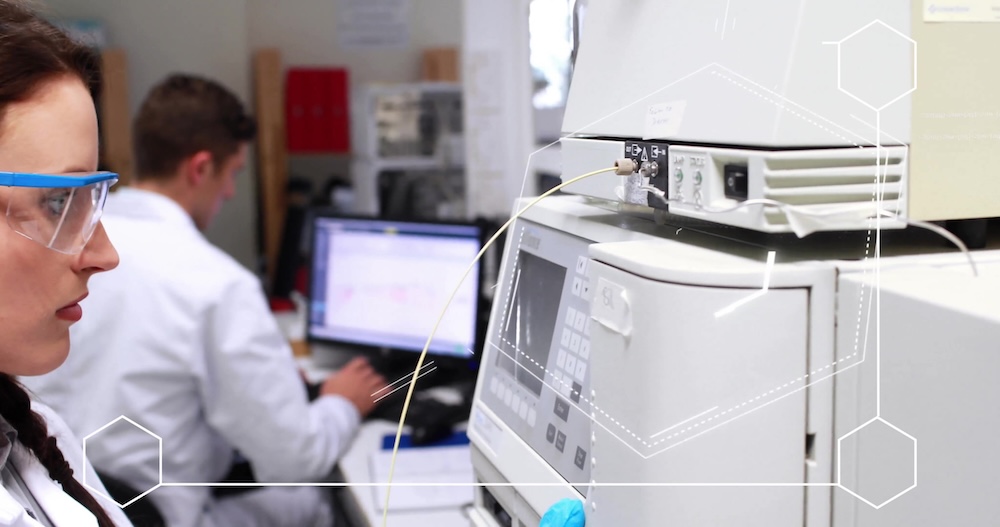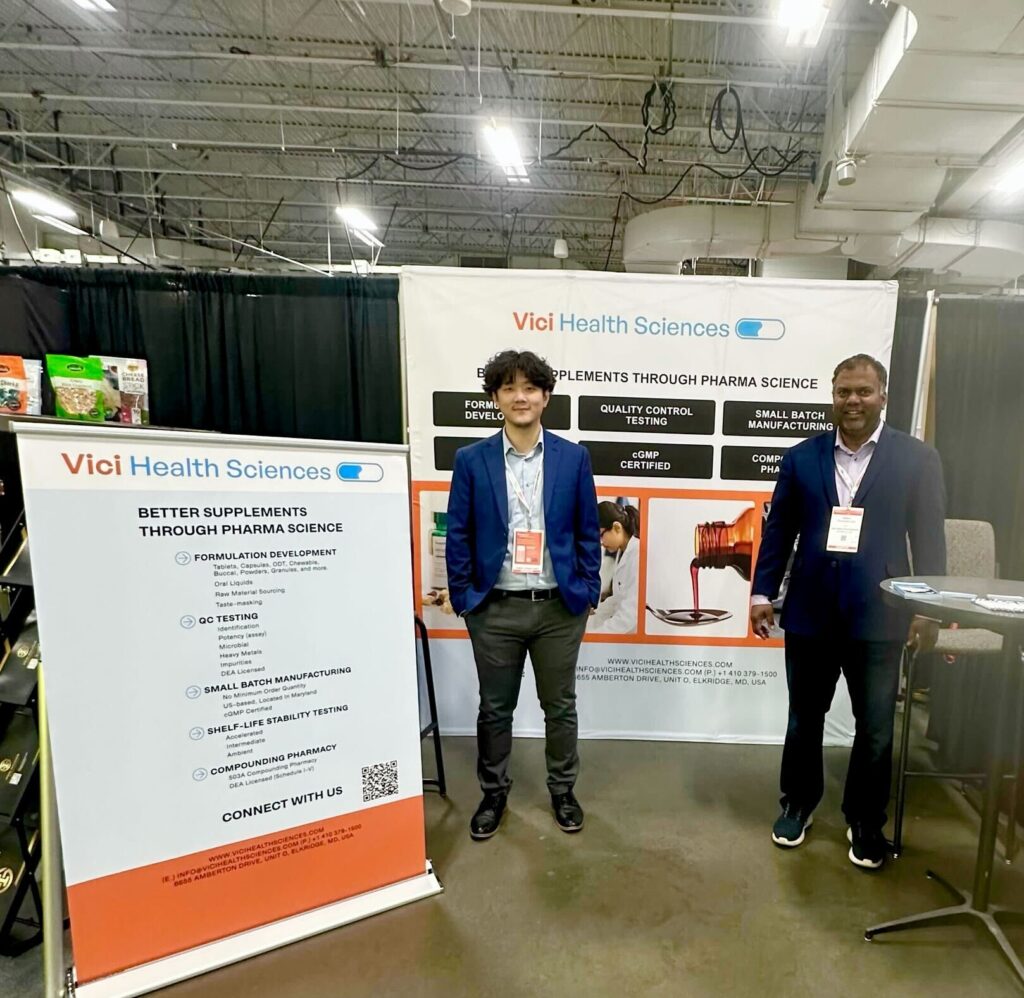Small Business Innovation Research (SBIR) grants for early-stage drug development offer start-up biopharma companies seed funding that helps turn their innovative drug therapy concepts into successful FDA drug development programs.
Bringing a new drug to the market can be quite complex and expensive, especially for small pharmaceutical companies. That is where the SBIR and Small Business Technology Transfer (STTR) programs come in. The key benefit of SBIR grants is that businesses do not have to give up their equity to receive the grant nor do they have to try and raise money from angel or venture capital investors to fund early-stage concepts that may be too risky for such investors. With this funding, small pharma companies can focus on research and development (R&D) without taking on risky loans.
Phases of SBIR Funding
Phase I: Feasibility Study
In this phase, businesses receive initial funding to test whether a drug development concept is viable. The award is usually around $100,000 to $300,000 for early-stage studies, including GLP animal studies and preliminary research. The amount of funding is not sufficient to fund IND enabling tox studies nor is it sufficient to complete formulation development, manufacture clinical trial material, perform stability studies and file an IND. However, SBIR funding for this stage is typically used to establish proof of concepts. We often see researchers use all the funds in R&D labs performing stories without answering critical FDA regulatory questions. We encourage all researchers to use this funds to engage with a regulatory team that has experience with the FDA pre-IND process to ensure that they ask and receive answers from the FDA on critical clinical, nonclinical, and CMC aspects of the program.
Phase II: Advanced R&D
If the results from Phase I show promise, businesses can receive funding of around $2 million for deeper research. This phase generally includes activities such as:
- IND-enabling nonclinical studies
- Analytical method development and validation of the drug substance
- Synthesis of cGMP drug substance, if the molecule is not available commercially
- Pre-formulation and physicochemical characterization of the drug molecule
- Formulation development
- Analytical method development and validation of the drug product
- Clinical trial material manufacturing
- Stability storage and testing
- IND applications
Typically, the funding provided at this stage is not sufficient for phase 1 or phase 2 clinical trials. Funding for clinical trials must be raised privately. However, private investors are often willing to fund programs at this stage as it is significantly derisked through SBIR funding.
Phase III: Commercialization
In the final phase, businesses focus on getting regulatory approval from the FDA, after which they look for ways to bring the drug to market. SBIR funds generally do not cover this stage, but businesses can attract private sector investors or form partnerships with larger pharmaceutical companies to support commercialization and bring the product to market.
Who Qualifies for SBIR Grants?
To qualify for SBIR grants, small pharma businesses need to meet certain requirements:
- They must be US-based with fewer than 500 employees.
- The business must be owned mostly by U.S. citizens or permanent residents.
- Early-stage drug development projects must show strong scientific merit and commercial potential.
How to Apply for SBIR Grants
1. Find the Right Funding Opportunity
First, small pharma businesses should review notices of funding opportunities (NOFOs) and STTR funding options that are relevant to their project. Keep in mind that the proposed project needs to match the program descriptions and research topics in the SBIR notices.
2. Prepare a Compelling Proposal
Next, make sure the application is well-detailed. It should outline the project’s objective and technical approach and cover the expected outcomes.
3. Outline the Commercial Potential
SBIR reviewers want to see a pathway to market, so it is important for businesses to explain how their drug could address a critical unmet need.
4. Submit the Application
Finally, submit the application through the agency’s SBIR/STTR program portal. Be sure to keep track of due dates for applications, as missing deadlines usually means waiting for the next funding cycle.
The application process can seem overwhelming, especially for small pharma businesses seeking grants for the first time. To make things easier, consider working with a US-based Contract Development and Manufacturing Organization (CDMO) like Vici Health Sciences.
We have vast experience in SBIR applications and can help businesses with all the technical support they need.
Working With a CDMO for SBIR Grant Applications and Funded Projects
When small pharma businesses partner with a CDMO, they can increase their chances of getting approved for SBIR grants. CDMOs have experience preparing all the technical documents needed for the application.
Additionally, CDMOs can help make budget planning easier by providing CDMO quotes. The services they offer help ensure projects meet technical and industry standards.
SBIR Grants for Early-Stage Drug Development: Why You Need to Work With a CDMO
A CDMO is important for helping early-stage drug development projects succeed. Here is why working with one is helpful:
Technical Expertise
CDMOs have experience in formulation development and analytical method development and validation. These services can help avoid any technical hurdles that small businesses may face during SBIR-funded projects.
Regulatory Support
For small pharma businesses, it can be difficult to meet FDA requirements. Besides, submitting an IND is usually complex. However, businesses are more likely to comply with regulatory standards when they partner with an experienced US-based CDMO.
Efficient Drug Development
A CDMO makes drug development more efficient by managing everything from GLP animal studies to clinical supplies manufacturing. This helps lower costs and get drugs to market faster.
CDMO Quotes for Grant Applications
Including CDMO quotes in an SBIR proposal helps make the budget and project plan more convincing.
Take the Next Step With Vici Health Sciences
Securing SBIR grants for early-stage drug development can help your company bring a new treatment to market faster. But success depends on having the right technical and regulatory support.
At Vici Health Sciences, we specialize in formulation development, analytical method development and validation, and end-to-end support to help you bring your innovations to life. As a trusted US-based CDMO, we help small pharma businesses throughout the grant process.
Ready to take your drug development project to the next level? Contact us today to learn how we can support your SBIR-funded research.



